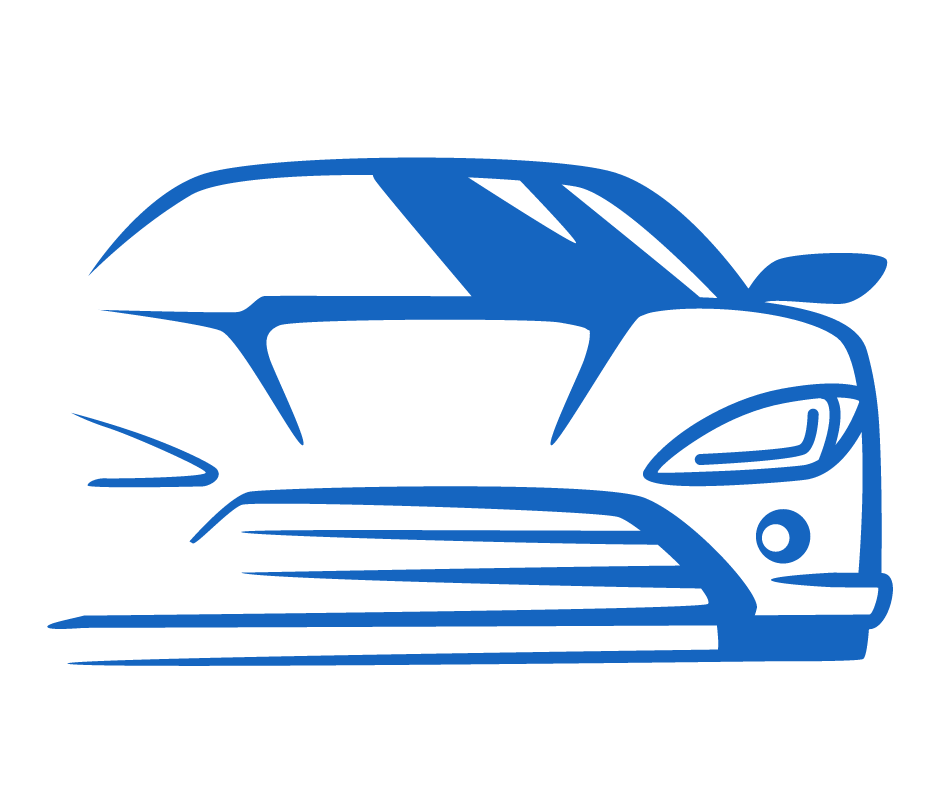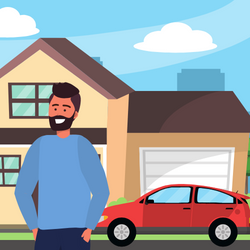- Liability Car Insurance
- Liability Car Insurance Basics
- What Coverages Are Available To You
- What is the difference between liability and full coverage insurance?
- Do You Really Need Liability Insurance?
- Liability Car Insurance Tips and Tricks
- What is Liability car insurance and what does it cover?
- How can A Plus Insurance help me find affordable Liability car insurance?
- Questions about Liability car insurance? Call us at 1.888.445.2793.
- Find Your States Liability Requirement
- INSURANCE SERVICES WE OFFER
Liability Car Insurance Basics
Liability car insurance is a type of insurance that provides coverage for damages or injuries that you cause to other people or their property while operating your vehicle. It is mandatory and it is a fundamental type of auto insurance coverage that every driver should have. Liability car insurance typically includes two types of coverage: bodily injury liability and property damage liability:
- Bodily Injury – Pays for medical expenses, lost wages, and other damages that you may be responsible for if you injure someone in an accident while driving your vehicle.
- Property Damage – Pays for damages to someone else’s property, such as their vehicle, fence, or home, that you cause while driving.
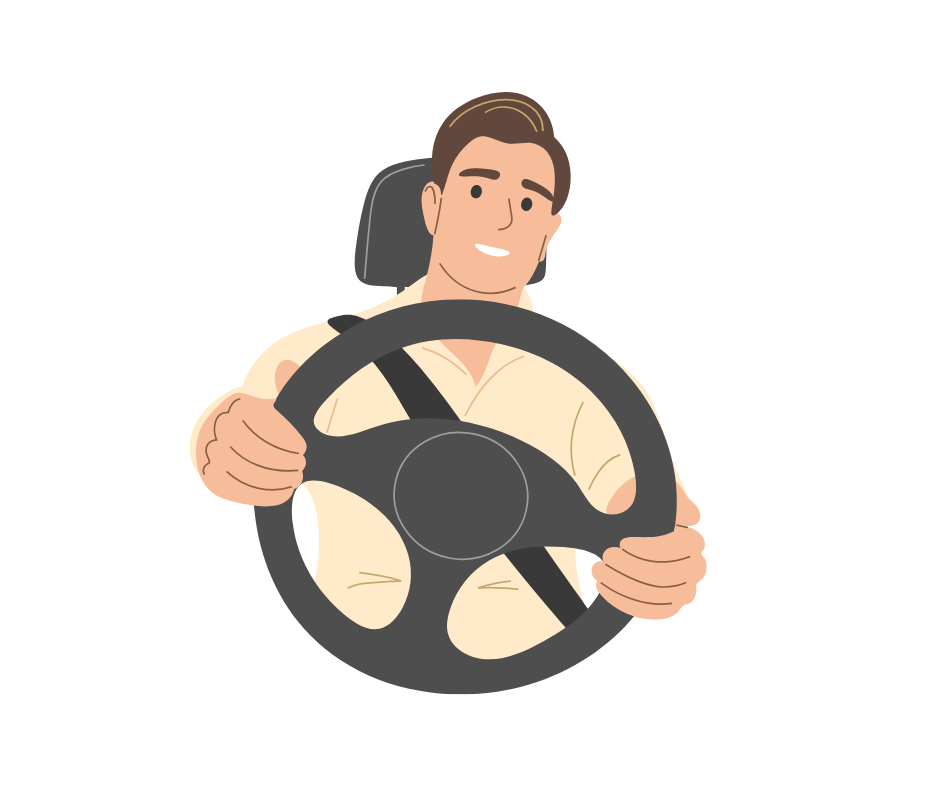
Keep in mind that liability car insurance only covers damages or injuries you cause to others; it does not cover your own injuries or damages to your own vehicle.
What Coverages Are Available To You
Auto insurance policies typically offer several types of coverage options to protect drivers and their vehicles from various risks. The most common types of coverage available for auto insurance policies include:
- Liability Coverage: This coverage protects the policyholder in the event they cause an accident that results in property damage or bodily injury to another person. It typically includes both bodily injury liability and property damage liability.
- Collision Coverage: This coverage pays for damages to the policyholder’s vehicle in the event of a collision with another vehicle or object.
- Comprehensive Coverage: This coverage pays for damages to the policyholder’s vehicle caused by non-collision events such as theft, vandalism, or natural disasters.
- Personal Injury Protection (PIP): This coverage provides medical expenses and lost wages coverage for the policyholder and their passengers in the event of an accident, regardless of who was at fault.
- Uninsured/Underinsured Motorist Coverage: This coverage protects the policyholder if they are involved in an accident with someone who doesn’t have enough insurance or no insurance at all.
- Roadside Assistance: This coverage provides assistance if the policyholder’s vehicle breaks down or if they need help with a flat tire, dead battery, or other roadside emergencies.
- Rental Reimbursement: This coverage provides reimbursement for the cost of renting a replacement vehicle while your own vehicle is being repaired or replaced after an accident.
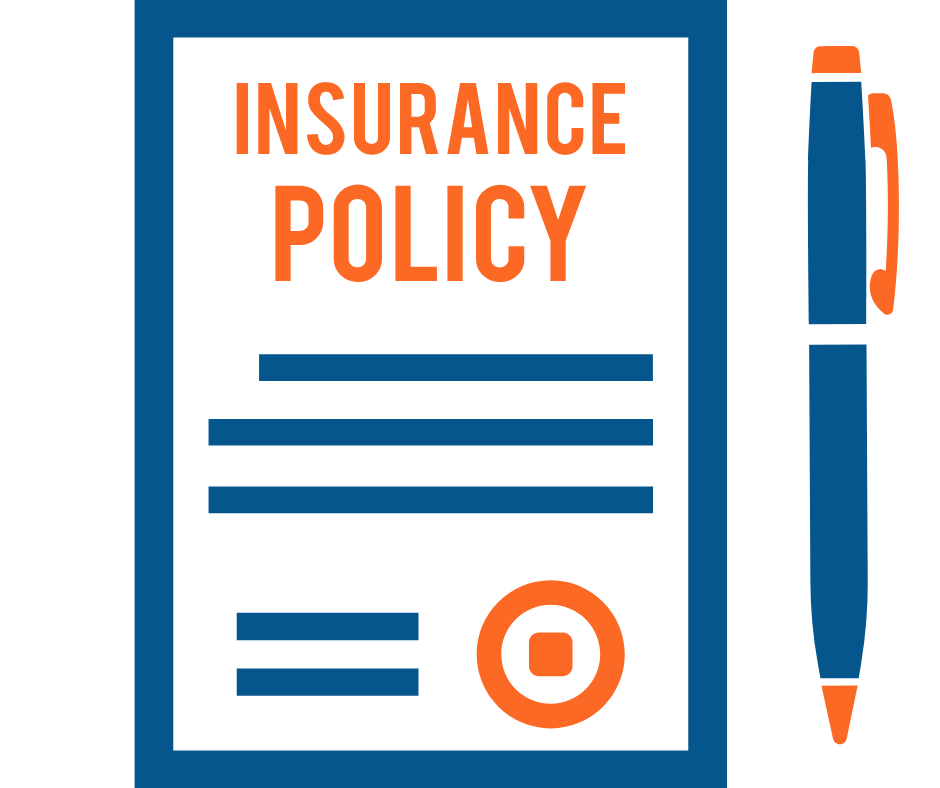
It’s important to understand the different types of coverage available and to choose the right ones that meet your needs and budget.
What is the difference between liability and full coverage insurance?
Liability insurance typically covers only the damages and injuries you may cause to others in an accident. It includes two types of coverage: bodily injury liability, which pays for the other person’s medical expenses, lost wages, and other damages if you’re at fault in an accident that causes injury or death, and property damage liability, which pays for the repair or replacement of the other person’s vehicle or property if you’re at fault in an accident. Liability insurance does not cover your own damages or injuries in an accident.
On the other hand, full coverage insurance includes both liability coverage and coverage for your own vehicle. It typically includes collision coverage, which pays for damages to your vehicle in the event of an accident, regardless of who is at fault, and comprehensive coverage, which covers non-collision events such as theft, vandalism, or natural disasters.
While liability insurance is the minimum legal requirement in most states, full coverage insurance is optional.
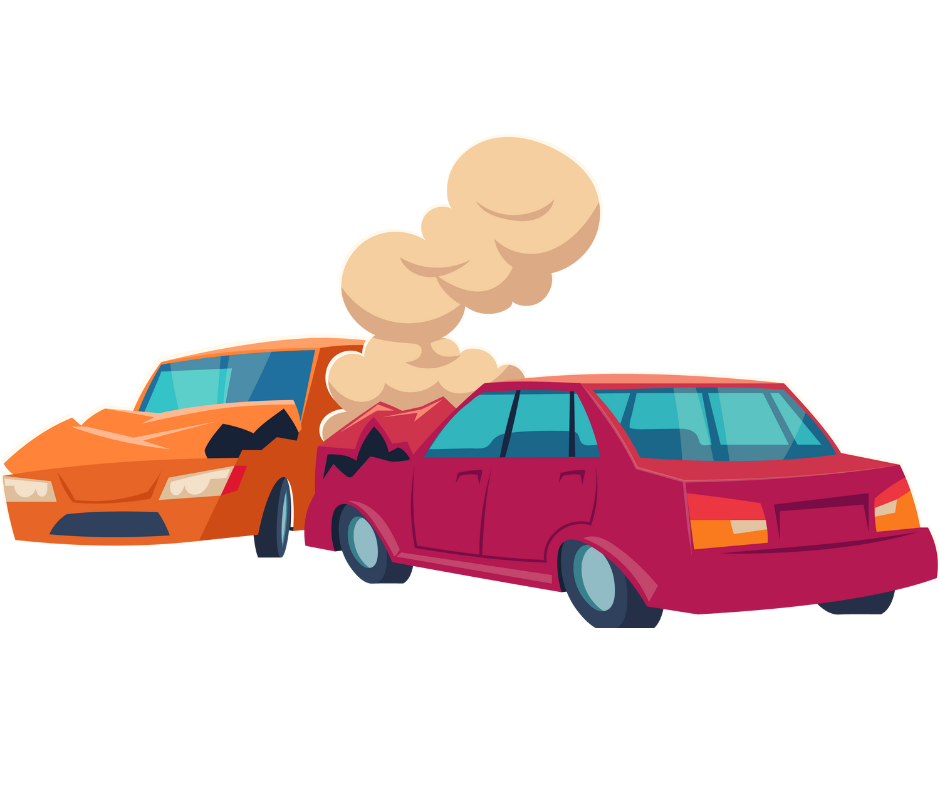
Full coverage insurance can provide greater protection and peace of mind for drivers, especially those who have financed or leased their vehicle and want to protect their investment.
Do You Really Need Liability Insurance?
Yes, a driver typically needs liability insurance to legally operate a vehicle in most places. Liability insurance for drivers helps protect them financially in case they are found responsible for causing harm or damage to someone else while driving.
If a driver causes an accident that injures another person or damages their property, they may be held legally responsible for the costs of medical bills, repairs, and other damages. Liability insurance can help cover these costs, up to the policy limits, so the driver doesn’t have to pay out of pocket.
Also, liability insurance can help cover legal fees and any damages awarded to the other party if they decide to sue the driver. Without liability insurance, the driver may be personally responsible for paying these costs, which can be significant and even lead to financial ruin.
It’s important to note that the required minimum liability insurance coverage may vary by state or country, so it’s essential to check the specific requirements where you live and drive. In any case, liability insurance is a critical protection for drivers to have in case of accidents or other incidents on the road.
Liability Car Insurance Tips and Tricks
Liability car insurance is essential for all drivers, as it covers the costs associated with damage and injury to others if you’re at fault in an accident. Here are some tips and tricks to help you navigate liability car insurance more effectively:
1. Understand the Basics
- Liability Coverage Types: Know that liability insurance typically includes two main types of coverage: Bodily Injury Liability (which covers costs related to injuries or death that you or another driver cause while driving your car) and Property Damage Liability (which covers damage to someone else’s property).
- State Requirements: Each state has minimum required limits for liability insurance, but these minimums often provide limited protection. Familiarize yourself with your state’s requirements.
2. Assess Your Needs Beyond the Minimum
- Consider Higher Limits: Buying more than the state-mandated minimums is often recommended. If you’re involved in a serious accident, costs can quickly exceed these minimums, leaving you responsible for the difference.
- Asset Protection: Consider your assets when choosing your coverage limits. If you’re found at fault in an accident and the damages exceed your coverage, your assets could be at risk in a lawsuit.
3. Shop Around
- Compare Quotes: Get quotes from multiple insurance providers. Prices for the same coverage can vary widely between companies.
- Check Reviews: Look at customer satisfaction and claims satisfaction ratings for insurers to gauge their service quality.
4. Look for Discounts
- Multi-Policy Discounts: Bundling your car insurance with other policies like homeowners or renters insurance can lower your premiums.
- Safe Driver Discounts: Many insurers offer discounts for a clean driving record or for taking defensive driving courses.
- Pay in Full: If you can afford it, paying your premium in full rather than in monthly installments often results in a discount.
5. Understand Policy Details
- Deductibles: While deductibles are more commonly associated with comprehensive and collision coverage, understanding how they work can help you make informed decisions about your entire policy structure.
- Exclusions: Know what your liability insurance doesn’t cover. For example, liability insurance doesn’t cover your own injuries or vehicle damage in an at-fault accident.
6. Review and Update Your Policy Regularly
- Annual Check-ups: Your insurance needs can change over time. Review your policy annually or after major life events to ensure your coverage levels are appropriate.
- Report Changes: Notify your insurer about significant changes, such as a new address, new vehicle, or changes in your driving habits.
7. Understand Policy Add-Ons
- Uninsured/Underinsured Motorist Protection: This coverage can protect you if you’re in an accident with a driver who has no insurance or insufficient insurance. In some states, it’s included with liability insurance, while in others, it’s an optional addition.
8. Consider Your Financial Stability
- Emergency Fund: Having an emergency fund can help cover the cost of higher deductibles, allowing you to choose a policy with a lower premium.
What is Liability car insurance and what does it cover?
Liability car insurance provides coverage for bodily injury and property damage that you may cause to others in an accident. It does not cover damage to your own vehicle. A Plus Insurance can help you understand the coverage details.
How can A Plus Insurance help me find affordable Liability car insurance?
A Plus Insurance shops multiple carriers to find you the most affordable Liability car insurance rates. We compare options to ensure you get the coverage you need at the best rates available in the market.
Questions about Liability car insurance? Call us at 1.888.445.2793.
If you have specific questions or need assistance with Liability car insurance, call us at 1.888.445.2793. Our team is ready to provide expert guidance and support tailored to your insurance needs.
Find Your States Liability Requirement
AL AK AZ AR CA CO CT DC DE FL GA HI ID IL IN IA KS KY LA ME MD MA MI MN MS MO MT NE NV NH NJ NM NY NC ND OH OK OR PA RI SC SD TN TX UT VT VA WA WV WI WY
INSURANCE SERVICES WE OFFER

Homeowners Insurance
Homeowners, renters, and mobile home owners: make sure you have the protection you need.
For more information or to get a quote, call us at 1.888.445.2793.
Last Updated on by Marlon Moss


